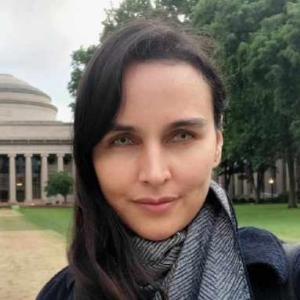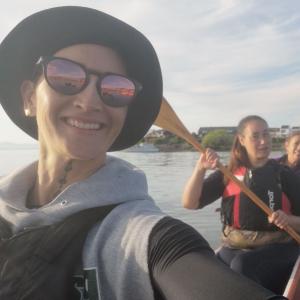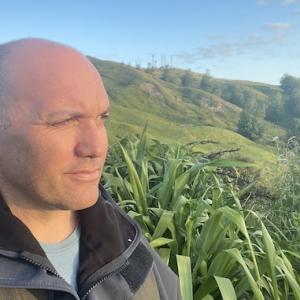In 2009 Whakauae Research for Māori Health and Development (WRMHD) in association with Te Oranganui Iwi Health Authority and the Health Services Research Centre (HSRC) began a two year project. Its aims were first, to determine if the concept of resilience described in Western academic literature holds resonance in Māori primary health approaches, and second, to determine in what ways whānau resilience is supported and enhanced by Māori primary health care services. This presentation discusses a new method employed by the researchers to elicit information from community participants, and findings and conclusions on the links between the introduced concept of resilience often employed to describe indigenous survivorship and the local concept, whānau ora.
Dr Amohia Boulton (Ngāti Ranginui, Ngāi te Rangi, Ngāti Pūkenga) is a Senior Researcher at WRMHD, a small research centre established by Te Rūnanga o Ngāti Hauiti in 2005. Amohia’s career has spanned public policy and academia. As a health services researcher her interests have focused on the relationship between national policy intent, planning practices and funding strategies for indigenous health services and the desires of local indigenous communities for improving health outcomes. She is a member of the Māori Health Committee of the Health Research Council of New Zealand and an Executive Member of the Health Services Research Association of Australia and New Zealand.
Jennifer Tamehana is the Chief Executive of Te Oranganui Iwi Health Authority, based in Whanganui, and responsible for leading the organisation through two business cases directed by the Ministry of Health: The Better, Sooner, More Convenient initiative and the Whānau Ora Lead Agency Business Case. Jennifer is the co-creator of the Te Oranganui Whānau Ora Workforce Development Programmes delivered nationally to iwi-provider frontline staff and is progressing the development of a Clinical Whānau Ora Workforce Development Programme. Jennifer has played a key role as the provider partner in the resilience research with WRMHD and HSRC.
Lynley Cvitanovic (Ngāti Pākehā) is a Kairangahau for WRMHD. Her work during the past three years with WRMHD has focussed on developing public health provider services evaluation capability, drawing on her background in adult learning facilitation and workforce development, along with carrying out public health project evaluation research. She has worked alongside senior researchers at WRMHD on the indigenous resilience research project and a range of investigator initiated tobacco control research projects. Lynley is a member of the Aotearoa New Zealand Evaluation Association and the Aotearoa New Zealand Association of Social Workers.
Nau mai, haere mai, all welcome!
Refreshments will be served afterwards
He Kōrero | Our Stories
Neuroscientist Nicole Edwards is establishing her own lab at the University of Auckland and is eager to tautoko students interested in a career in brain research.
AUT senior lecturer Deborah Heke encourages wāhine Māori to cherish their connection with te taiao.
Tairāwhiti local Manu Caddie is a vocal critic of forestry companies engaged in unsustainable land practices in the rohe. He shares his insights on what needs to change".


